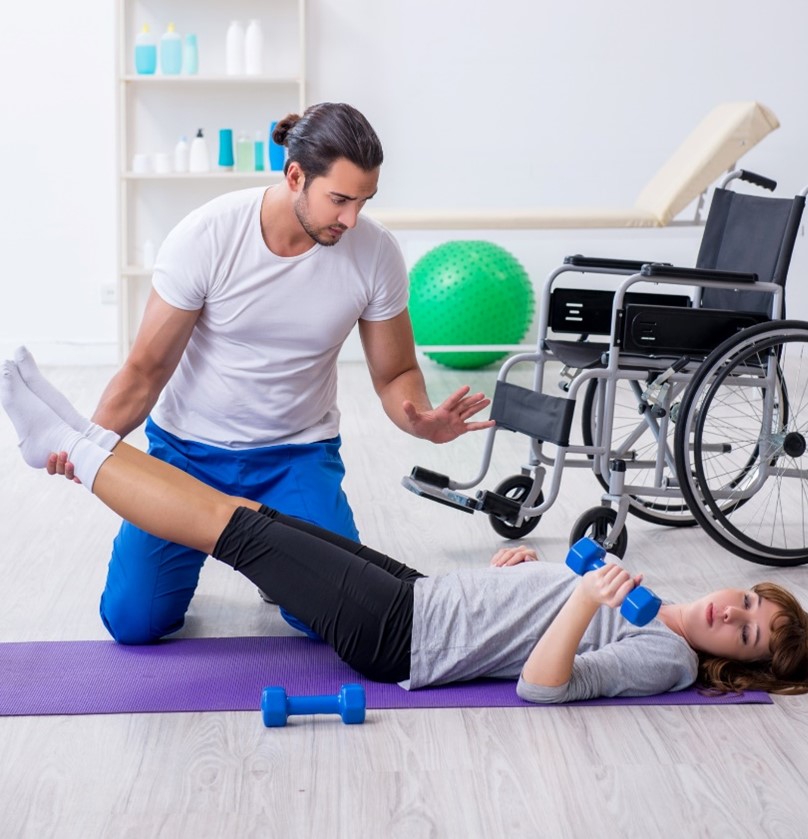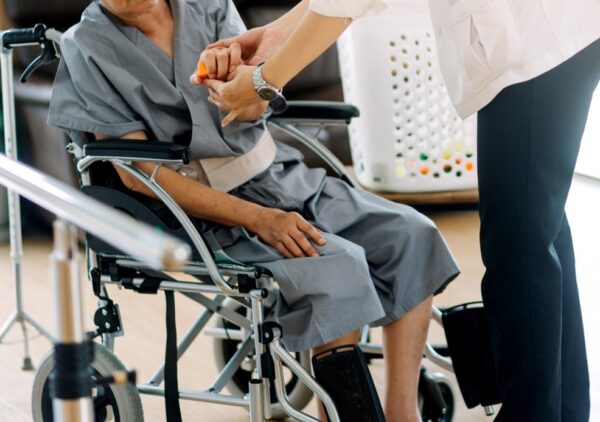Accidents can alter the course of one’s life in an instant, leaving individuals grappling with physical, cognitive, and emotional challenges. In the aftermath of such events, occupational therapy emerges as a crucial ally in the journey towards recovery. John R. Callen delves into the comprehensive approach of occupational therapy for individuals post-accident, shedding light on how this rehabilitative discipline addresses challenges, facilitates the transition back to daily life and work, and empowers individuals to reclaim their independence.
Understanding the Impact of Accidents: Physical and Psychological Struggles
Whether it’s a car crash, workplace accident, or a fall, the aftermath of an accident often entails a complex web of physical injuries and psychological trauma. Beyond the immediate physical recovery, individuals may face challenges in resuming their daily activities, both at home and in the workplace. Occupational therapy recognizes that each person’s journey is unique, and the recovery process must be tailored to address the specific challenges they encounter.
Comprehensive Assessment: Tailoring Therapy to Individual Needs
The first step on the road to recovery involves a thorough assessment by occupational therapists. This assessment encompasses an evaluation of physical capabilities, cognitive functions, emotional well-being, and the individual’s goals and priorities. By gaining a holistic understanding of the person’s needs and aspirations, occupational therapists can tailor interventions that foster a comprehensive and personalized recovery plan.
Regaining Independence in Daily Activities: ADL Rehabilitation
Activities of Daily Living (ADLs) form the core of our daily routines, including bathing, dressing, grooming, and meal preparation. After an accident, individuals may struggle to perform these activities independently. Occupational therapists work collaboratively with patients to regain these essential life skills. Through adaptive techniques, assistive devices, and targeted exercises, therapists empower individuals to reclaim their independence, fostering a sense of accomplishment and confidence.
Cognitive Rehabilitation: Navigating Mental Challenges
Accidents often bring cognitive challenges, such as memory loss, attention deficits, or difficulties with problem-solving. Occupational therapists employ cognitive rehabilitation techniques to address these issues. Through cognitive exercises, memory training, and task-specific activities, therapists assist individuals in rebuilding cognitive functions, enabling them to face mental challenges with resilience and adaptability.
Emotional Support and Mental Health Focus
Recovery from an accident extends beyond physical and cognitive aspects to encompass emotional well-being. Occupational therapists recognize the psychological impact of accidents and provide emotional support to individuals navigating feelings of fear, anxiety, or depression. Engaging in purposeful and meaningful activities aids in boosting mood and promoting mental health, fostering a positive outlook on the recovery journey.

Work Reintegration: Bridging the Gap between Recovery and Employment
Returning to work after an accident is often a significant milestone in the recovery process. Occupational therapists collaborate with individuals and employers to facilitate a smooth transition back to the workplace. This may involve identifying modifications to the work environment, implementing ergonomic adjustments, and developing strategies to manage tasks effectively. By bridging the gap, occupational therapy supports individuals in regaining financial stability and a sense of professional identity.
Rebuilding Social Connections
The impact of an accident extends beyond individual functioning to social relationships and community participation. Occupational therapy places a strong emphasis on community reintegration, helping individuals rebuild social connections and engage in meaningful activities within their communities. This may involve participating in support groups, community events, and recreational activities tailored to individual abilities and interests.
Adaptive Technology and Assistive Devices: Enhancing Independence
In the quest for independence, occupational therapists leverage adaptive technology and assistive devices. From mobility aids to specialized computer software, these tools are chosen to match individual needs and enhance functional capabilities. By integrating technology into rehabilitation plans, occupational therapists empower individuals to overcome physical limitations and engage in activities that may have seemed challenging post-accident.
Goal Setting and Progress Monitoring: Empowering Individuals
Setting realistic goals is a pivotal aspect of occupational therapy. Together with individuals, therapists establish short-term and long-term goals, providing a roadmap for the recovery journey. Regular progress assessments allow for adjustments to the therapeutic plan, ensuring that individuals remain motivated and continually empowered to achieve milestones in their recovery.
Conclusion: A Holistic Approach to Reclaiming Life
Occupational therapy serves as a guiding light on the road to recovery, offering a holistic and individualized approach to rehabilitation. By addressing physical, cognitive, and emotional challenges, occupational therapists empower individuals to reclaim their independence, reintegrate into work and community life, and navigate the complexities of recovery with resilience and optimism. Through this comprehensive and personalized approach, occupational therapy not only facilitates healing but also paves the way for individuals to rediscover a sense of purpose and fulfillment in their lives.
